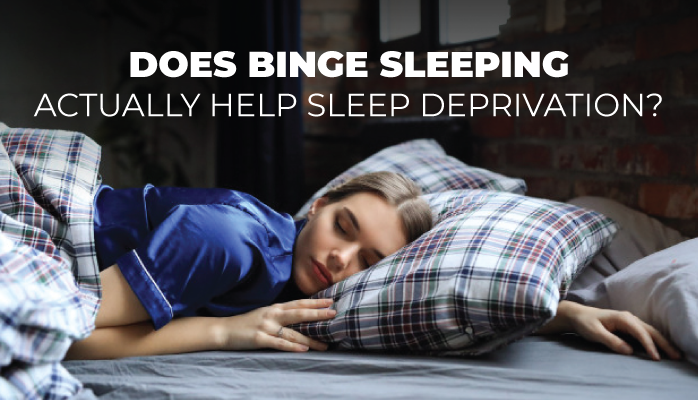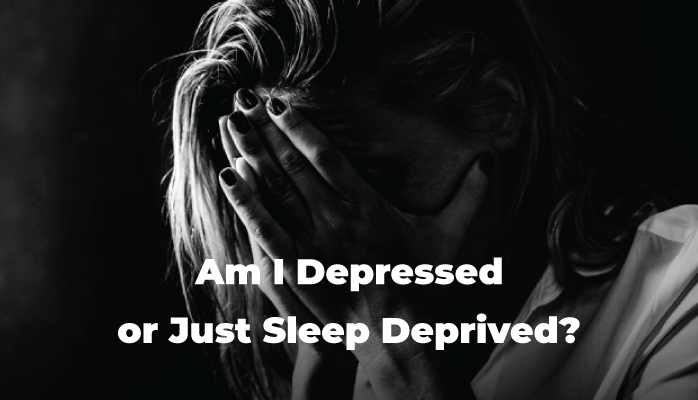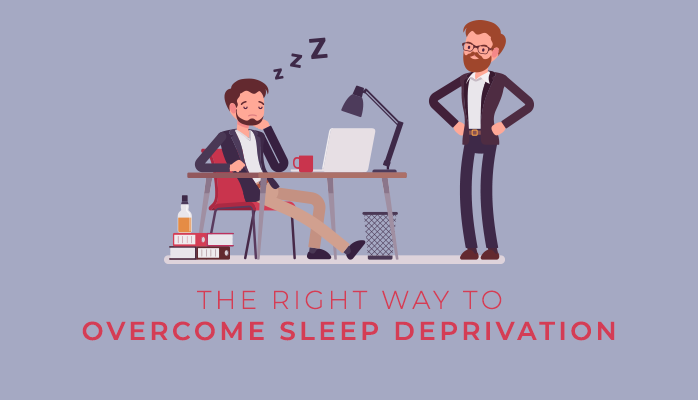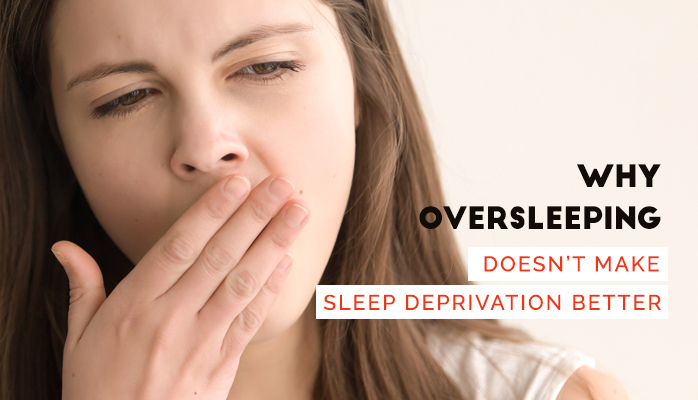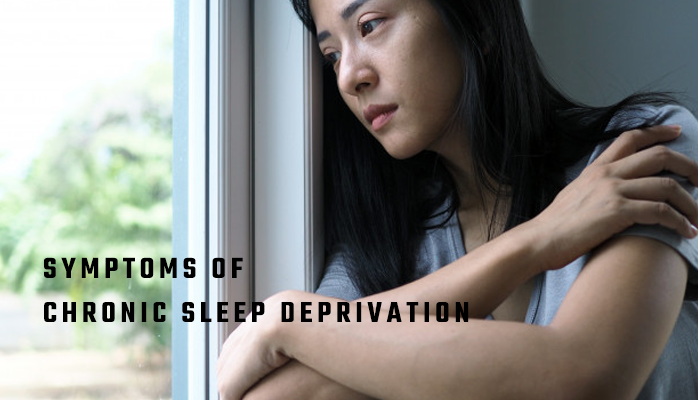What Chronic Sleep Deprivation Is
Chronic sleep deprivation is sleep deprivation over a long period of time. It can have catastrophic effects on health and performance in all areas of life, and should be taken very seriously. Sleep deprivation is caused by not getting enough sleep. “Enough sleep” will be different for different ages and individuals, but if you aren’t getting the sleep you need, you will become sleep deprived.
Chronic sleep deprivation is different from acute sleep deprivation in that acute sleep deprivation:
- Does not last long, such one night to a couple of weeks
- Usually has a known cause
Chronic sleep deprivation may or may not have a known cause. But it usually entails getting less than the required amount of sleep most or every day, which may be followed by binge sleeping and exhaustion.
Adults need about 7-9 hours of sleep per day. You will likely require sleep within this range depending on your lifestyle and unique needs. Numerous studies show that getting less than 7 hours of sleep per day (this includes naps) has negative side effects on nearly everybody.
The severity of your chronic sleep deprivation, which can be moderate or severe, will depend on how much less sleep you are getting than you need.




